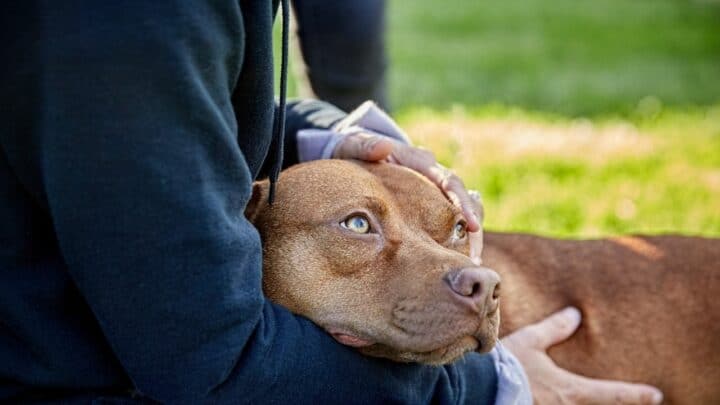Some owners may ultimately decide to rehome their dogs for various reasons.
This change can be challenging for the owners, and it’s even tougher for dogs.
The shift to an unfamiliar place may be overwhelming for them. If you’re expecting to adopt a dog or a puppy, it is helpful to understand how this shift affects their well-being.
Getting into their shoes, their paws, rather, can make the transition easier. And we are to help you with that.
So, continue reading below to find out how our canine buddies exactly feel when you’re rehoming them.
How does a dog feel when rehomed?
When a dog is rehomed he may experience moods such as being anxious and scared. Anxiety can manifest itself in excessive whining and barking. A dog that came from neglectful owners will appear shy and reluctant. It is essential to remain patient with your dog and keep calm. The most important thing you can do is to make your dog feel safe and comfortable in his new environment.
Feeling anxious
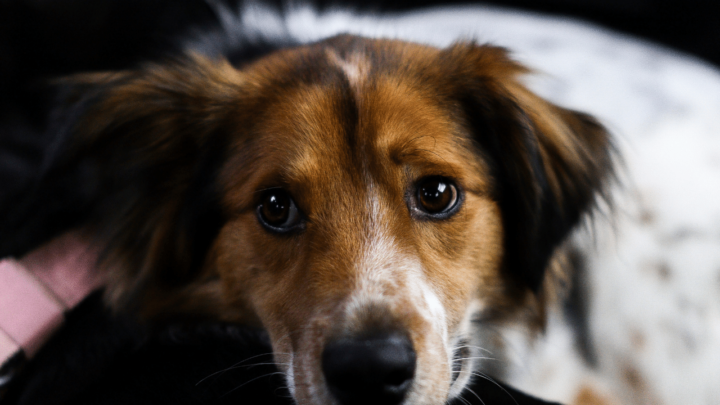
A rehomed dog might feel anxious
Anxiety is the usual response of the body when faced with unusual stimuli. This is also the case for dogs.
Anxiety can manifest itself in excessive whining and barking. You may also notice them pacing, probably from searching for their former owners.
It is vital to take note of the background of the previous owners too. This will help in trying to make sense of your dog’s emotions.
A dog that came from neglectful owners will appear shy and reluctant. They will be too anxious to interact with others.
They may hide until they get used to the new surroundings. At times, they can also behave aggressively to protect themselves.
Extreme sadness

Sadness and depression are especially common among rehomed puppies
Depression is common among pups who have recently lost an owner dear to them.
The canine species has been conditioned to form tight bonds with humans due to long years of domestication. And they will be loyal until the end.
A sudden break to this bond through rehoming can cause extreme sadness.
You may notice that the dog sleeps most of the time, is unmotivated to play, and inattentive to his surroundings.
Stress
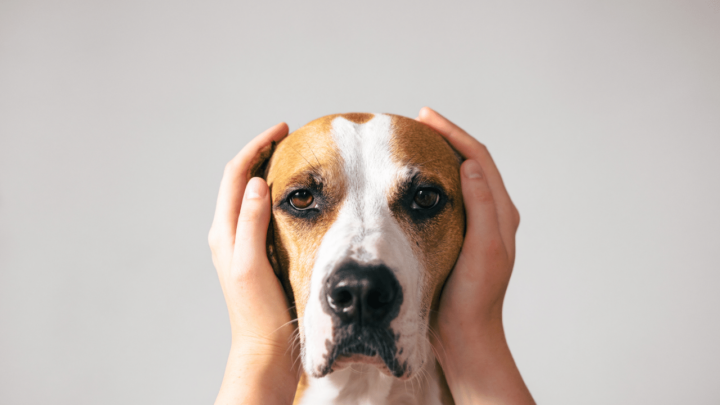
Refusal to eat food or lack of interest can be signs of a stressed dog
While stress can be generally seen in the mood of your dogs, you may also want to check its physical symptoms.
It will show itself as refusal to eat food or lack of interest to even go near their foods. Other dogs may even shiver or drool.
Generally, these symptoms go away on their own when the dog adapts.
However, if it becomes too much, you may want to enlist the help of your vet immediately.
How to address canine reactions to rehoming
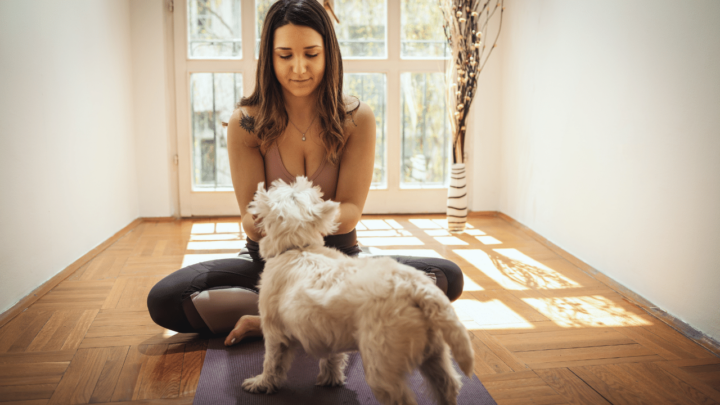
Give your dog a tour around the house
Rehoming can be tricky to deal with. For starters, you can’t just remove the behavior.
You can’t also eliminate your dog’s exposure to stress. But of course, there are methods that will help make the transition smoother.
You may want to have a meet and greet first. Try to bring along your family members as well.
Do not forget other pets that he will be living with. This way, the dog will be familiarized with his new companions, ultimately helping him feel safe and secure.
Also, try to schedule the rehoming in the morning. Apparently, canines are more anxious during nighttime. Thus, set the transition up at a time when he’s calmer.
Once you and the dog are home, you may want to start by giving your dog a tour around the house. Guide him and help him get used to his new surroundings.
Once settled, give him a corner that will save as his place. Place his bed or kennel in a quiet area of your home.
This will serve as his haven where he can retreat when it gets overwhelming.
You may also want to ask the previous owner some items that may give the dog a sense of security. This can be a toy that he likes. The smell will help ease his nerves.
Establish a routine with your dog. Try to feed him on schedule.
You can also give the same kind of food to help him get used to it. It will also prevent any digestive problems.
Of course, it would also make things easier to give him the opportunity to exercise. Physical and mental stimulation will help with concentration and burn off excess energy.
Things to consider when rehoming your doggo
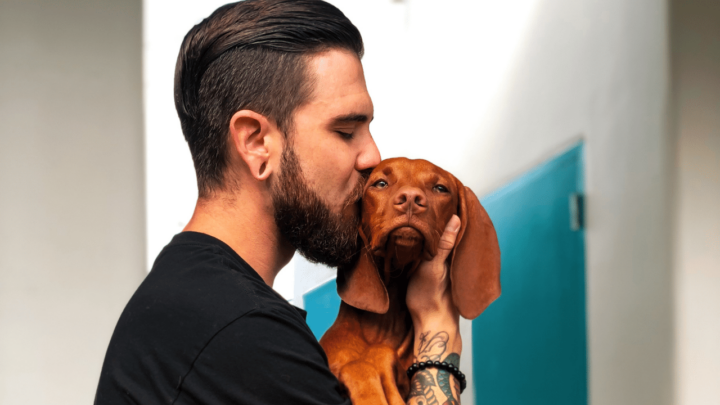
Separation pain in dogs is real
While the mentioned things above are common, remember that the dog’s reactions will depend on different factors.
These include the age and the former living situation of the canine.
Take note that dogs are very loyal companions. They take “until death does us part” seriously. And they will suffer from the pain of separation.
Thus, think thoroughly before adopting a dog.
If you find yourself in a position where rehoming is the only way, try to find a person who will be a haven for your dog, someone he can count on for stability, trust, and love.
Remember to be patient with your dog. Always keep in mind that the transition is a big deal for him.
How long it will take for the canine to adjust will depend on his age and history. Puppies who are around 12 weeks old or younger will transition quickly.
Expect that the pup will bond with you instantly. Adult dogs who came from a stable home might take up to a few weeks to adjust.
Trust plays a significant role in the rehoming process. This is especially true in the case of rescue dogs.
If you are adopting a rescue dog, try to know more about his history as much as you can. It might take him long to warm up to new owners.
But once comfortable, expect him to be as loyal as he will be to you.
Conclusion
Adopting a dog is not a walk in the park. It entails responsibility.
And it can be even more challenging if you’re rehoming a dog, primarily since he’s already bonded and used to the previous owner.
Your dog will experience overwhelming emotions that can influence his behavior and health. That is why it is essential to know what to expect to help him adjust.
As always, it is important to be patient and persistent. Once the dog is well-adjusted, you will be rewarded with a loving and loyal companion.

